Home>Interior Design>Can You Wash Clothes With Towels? Care Strategies For Laundry
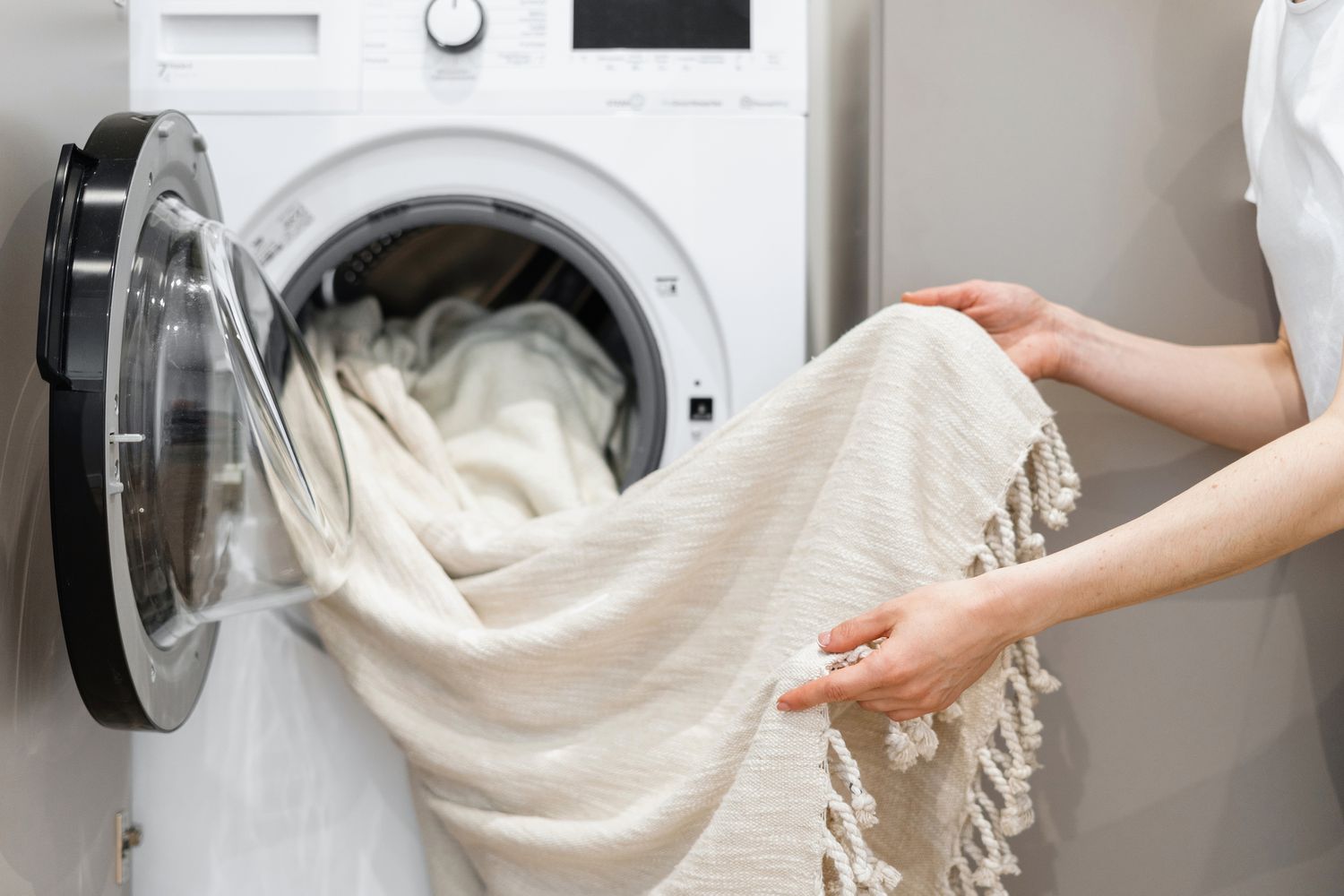

Interior Design
Can You Wash Clothes With Towels? Care Strategies For Laundry
Modified: August 21, 2024
Discover the best care strategies for laundry including washing clothes with towels. Enhance your interior design with tips and tricks for a fresh and organized space.
(Many of the links in this article redirect to a specific reviewed product. Your purchase of these products through affiliate links helps to generate commission for Storables.com, at no extra cost. Learn more)
Introduction
Welcome to the world of laundry care! Washing our clothes and linens is a regular part of our lives, and it’s important to know how to properly care for them to ensure their longevity and freshness. When it comes to washing different types of items, such as clothes and towels, there are a few things to keep in mind.
In this article, we will answer the question, “Can you wash clothes with towels?” and provide you with some helpful care strategies for doing laundry effectively.
Key Takeaways:
- Keep towels separate from clothes to prevent lint transfer, maintain absorbency, and ensure hygiene. Follow specific care tips for washing towels to keep them clean and soft.
- Sort laundry properly, use the right detergent, and perform regular machine maintenance to preserve the quality and appearance of your clothes. Incorporate eco-friendly alternatives for a more sustainable laundry routine.
Can you wash clothes with towels?
When it comes to doing laundry, many people wonder if it’s okay to wash clothes with towels in the same load. The answer to this question depends on a few factors.
In general, it is best to separate towels from clothes when doing laundry. This is because towels have a tendency to produce lint, especially when they are new or made from certain materials. If towels are washed with clothes, the lint can transfer onto the clothing, leaving behind unsightly lint balls or lint on dark-colored fabrics.
Additionally, towels are often more absorbent than regular clothes and can retain dirt, oils, and other residues more easily. When washed alongside clothes, these particles can transfer onto the garments, leading to less effective cleaning and potentially staining the clothing.
However, if you are in a pinch and need to wash clothes and towels together, there are a few precautions you can take. First, make sure to separate items by color. Washing light-colored towels with light-colored clothing and dark-colored towels with dark-colored clothing can help minimize the risk of lint transfer. Secondly, ensure that both the clothes and towels are not heavily soiled to prevent cross-contamination.
Ultimately, it is best to err on the side of caution and separate towels from clothes. This will help maintain the quality and cleanliness of both your towels and clothing.
Why you should separate towels from clothes
Separating towels from clothes when doing laundry may require an extra step, but it has several benefits that make it worth the effort. Here are a few reasons why you should consider keeping your towels separate from your regular clothing:
- Lint transfer: As mentioned earlier, towels tend to produce lint, especially when they are new or made of certain materials. Washing towels with clothes increases the likelihood of lint transfer onto the clothing, leaving behind lint balls or lint on dark-colored fabrics. By separating towels from clothes, you can prevent this lint from getting onto your garments and maintain their appearance.
- Absorbency and residue: Towels are designed to be highly absorbent, which means they can easily pick up dirt, oils, and other residues. When washed alongside clothes, these particles can transfer onto the garments, leading to less effective cleaning and potentially staining the clothing. By keeping towels separate, you can ensure that they are thoroughly cleaned and minimize the risk of residue transfer.
- Hygiene concerns: Towels are often used to dry off our bodies, which means they can harbor bacteria, dead skin cells, and other microorganisms. Washing towels separately helps prevent these potential contaminants from coming into contact with our clothes, ensuring that our clothing remains clean and fresh.
- Fabric care: Different items of clothing require different care methods. For example, delicate fabrics may need to be washed using gentle cycles, while towels can withstand more robust washing. By separating towels from clothes, you can tailor your washing methods to each item, ensuring that both your towels and clothing are treated properly and last longer.
By taking the time to separate towels from clothes, you can maintain the quality, cleanliness, and appearance of both your towels and clothing.
Tips for washing towels
Properly washing towels is essential to keep them clean, fresh, and absorbent. Here are some helpful tips to ensure that your towels are well cared for:
- Separate by color and fabric: As mentioned earlier, it’s important to separate towels by color to prevent color bleeding. Additionally, sorting towels by fabric type can help maintain their quality. For example, separate delicate towels from more durable ones to prevent damage during the wash.
- Avoid overloading the machine: Overloading the washing machine can lead to inadequate cleaning and rinsing. Make sure you allow enough space for the towels to move around freely in the washer, allowing for proper agitation and water circulation.
- Use the right amount of detergent: Using too much detergent can create soap residue that can make towels stiff and less absorbent over time. Follow the manufacturer’s recommendations on the detergent packaging for the appropriate amount to use based on the load size and soil level.
- Avoid fabric softeners: While fabric softeners can make your towels feel softer, they can also decrease their absorbency. It’s best to skip fabric softeners when washing towels to maintain their ability to dry you off effectively.
- Wash with warm water: Using warm water can help remove dirt, oils, and bacteria from your towels more effectively. However, be sure to check the care instructions on your towels, as some may require cold water washing to prevent shrinkage or color fading.
- Consider an extra rinse cycle: If you want to ensure that all detergent and residue are thoroughly removed from your towels, consider adding an extra rinse cycle. This can help prevent any soap build-up and keep your towels fresh and soft.
- Proper drying: After washing, tumble dry your towels on a medium to high heat setting. This will help fluff them up and ensure they are fully dry, which can prevent the growth of mold and unpleasant odors.
- Frequent washing: Towels should ideally be washed after every 3-4 uses to maintain their freshness and hygiene.
By following these tips, you can keep your towels clean, soft, and absorbent, ensuring they provide you with optimal comfort and functionality.
Wash clothes and towels separately to prevent lint transfer and maintain fabric quality. Use a gentle detergent and avoid overloading the machine for better cleaning.
Tips for washing clothes
When it comes to washing your clothes, a few key tips can help keep them clean, vibrant, and in good condition. Here are some helpful tips to consider:
- Sort clothes by color and fabric: To prevent color bleeding and potential damage to delicate fabrics, separate your clothing into different loads based on color and fabric type. This will help preserve the integrity of your clothes and maintain their vibrant colors.
- Check care labels: Always read and follow the care labels on your clothing. Pay attention to recommended water temperatures, washing cycles, and any specific instructions for that particular garment.
- Pre-treat stains: Treat stains promptly before washing to increase the chances of successful removal. Use appropriate stain removers or gentle soap and gently rub the stained area before washing.
- Turn clothes inside out: Turning your clothes inside out before washing helps protect delicate details, prints, and embellishments. It can also help minimize fading and keep your clothes looking newer for longer.
- Use appropriate water temperature: Most clothes can be washed in cold water, which helps conserve energy and prevent color fading. However, for items like underwear, bedding, and heavily soiled items, warm or hot water may be necessary to effectively remove dirt and bacteria.
- Avoid overloading the machine: Overstuffing your washing machine can prevent clothes from getting properly cleaned and rinsed. It can also lead to excessive wrinkling and stretching. Follow the manufacturer’s recommendations for load size to ensure optimal cleaning results.
- Choose the right detergent: Different fabrics require different types of detergents. Use a gentle detergent for delicate fabrics, like silk or wool, and opt for a color-safe detergent to preserve the vibrancy of your colored clothing. Pay attention to any special detergent requirements indicated on the care labels.
- Don’t delay drying: Promptly remove clothes from the washing machine after the cycle ends to minimize wrinkles. If you use a dryer, choose appropriate heat settings based on the fabric type to avoid shrinking or damaging your clothes. Air drying certain delicate items may be preferred to maintain their shape and longevity.
- Iron or steam as needed: For items that require ironing, do so while they are still slightly damp to make the process easier. Consider using a steamer for delicate fabrics to remove wrinkles without direct heat.
- Store clothes properly: Follow proper storage practices to keep your clothes in the best condition. Fold clothes neatly or use hangers to prevent wrinkles and maintain their shape. Consider using garment bags for delicate or special items to protect them from dust and potential damage.
By applying these tips, you can ensure that your clothes are cleaned effectively, maintain their quality, and last longer.
Read more: How Long Can Clothes Be Left In The Washer
Care strategies for laundry in general
In addition to specific tips for washing towels and clothes, there are some general care strategies that can help you optimize your laundry routine and keep all of your garments in great condition. Here are some care strategies to consider:
- Sort laundry properly: Separating items by color, fabric type, and level of dirtiness is essential for effective cleaning and protecting your clothes. Sorting laundry helps prevent color bleeding, fabric damage, and ensures that each item is washed according to its specific needs.
- Use the right amount of detergent: Avoid using excessive amounts of detergent, as this can leave residue on your clothes and washing machine. Follow the recommended dosage on the detergent packaging to ensure proper cleaning and rinse cycles.
- Take care of stains: Treating stains promptly can increase the chances of successful removal. Different types of stains require different treatment methods, so consult a stain guide or utilize specialized stain removers for best results.
- Avoid overcrowding the washing machine: Overloading the washing machine can lead to inadequate cleaning, tangling of clothes, and increased wear and tear. Make sure to leave enough space for water, detergent, and proper agitation for thorough cleaning.
- Perform regular machine maintenance: Clean your washing machine periodically to remove any buildup of detergent residue, lint, or mold. Wipe down the drum and door gasket, and run an empty cycle with hot water and vinegar to keep your machine fresh and functioning optimally.
- Follow care instructions: Pay close attention to the care labels on your clothing items and follow the recommended washing guidelines. This includes temperature settings, appropriate cycle selection, and drying instructions to prevent damage.
- Avoid direct sunlight: Direct sunlight can cause colors to fade and fabrics to deteriorate. Whenever possible, hang garments to dry in a shaded or well-ventilated area, or use low heat settings in the dryer.
- Store clothes properly: Clean and thoroughly dry your clothes before storing them to prevent the growth of mold and mildew. Use proper storage techniques, such as folding neatly or hanging on appropriate hangers, to maintain the shape and quality of your clothes.
- Consider eco-friendly alternatives: Explore using environmentally friendly laundry detergents, fabric softeners, and stain removers to minimize the impact of your laundry routine on the environment.
- Regularly clean and replace dryer lint filters: Cleaning the lint filter after each use helps maintain dryer efficiency and reduces the risk of lint buildup, which can be a fire hazard. Replace the filter if it becomes damaged or worn out.
By incorporating these care strategies into your laundry routine, you can ensure that all of your clothes are cleaned, protected, and well-maintained, extending their lifespan and keeping them looking their best.
Conclusion
Proper care and maintenance of both towels and clothes are essential for preserving their quality, appearance, and functionality. While it may require a little extra effort, separating towels from clothes during laundry can prevent lint transfer, keep fabrics pristine, and ensure effective cleaning. Likewise, following specific tips for washing towels and clothes can further enhance their longevity.
Remember to sort items by color and fabric, use the appropriate water temperature and detergent, and avoid overloading the machine. Additionally, pre-treat stains, properly dry and store your laundry, and perform regular maintenance on your washing machine.
By following these tips and implementing good laundry practices, you can enjoy clean, fresh, and well-cared-for towels and clothes. Not only will they look and feel better, but they will also last longer, saving you time and money in the long run.
So, the next time you embark on your laundry journey, remember to separate your towels from your clothes, follow the specific care tips, and take pride in maintaining your textiles in excellent condition. Happy laundering!
Frequently Asked Questions about Can You Wash Clothes With Towels? Care Strategies For Laundry
Was this page helpful?
At Storables.com, we guarantee accurate and reliable information. Our content, validated by Expert Board Contributors, is crafted following stringent Editorial Policies. We're committed to providing you with well-researched, expert-backed insights for all your informational needs.
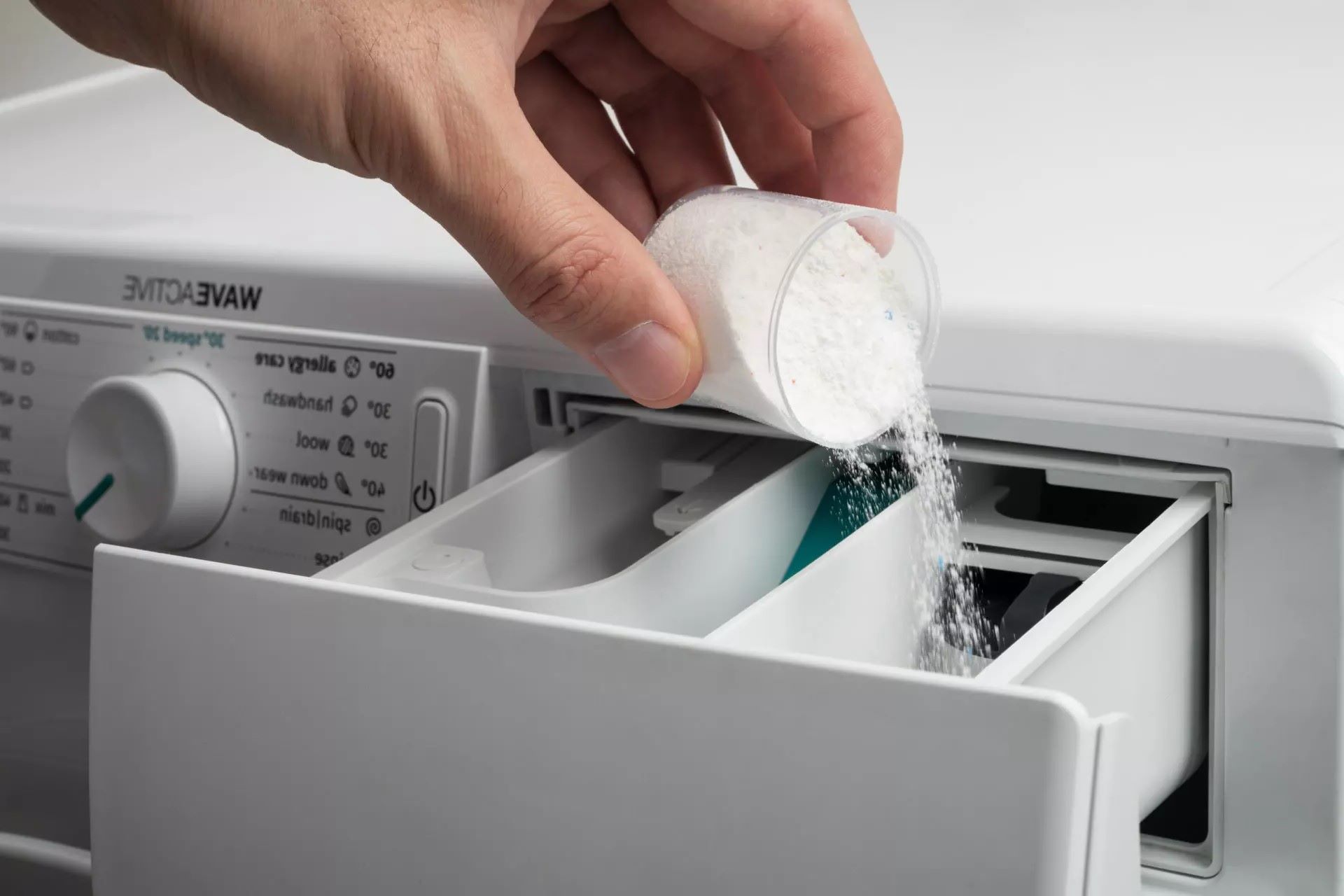


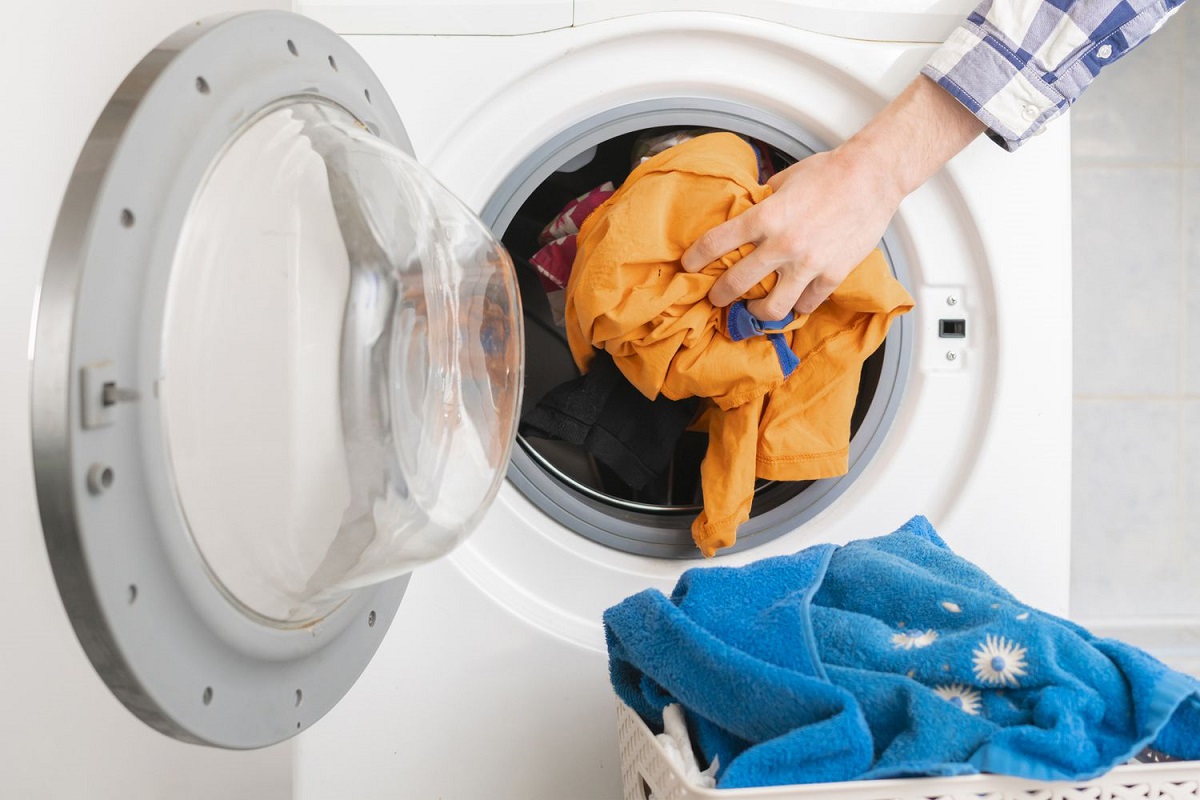
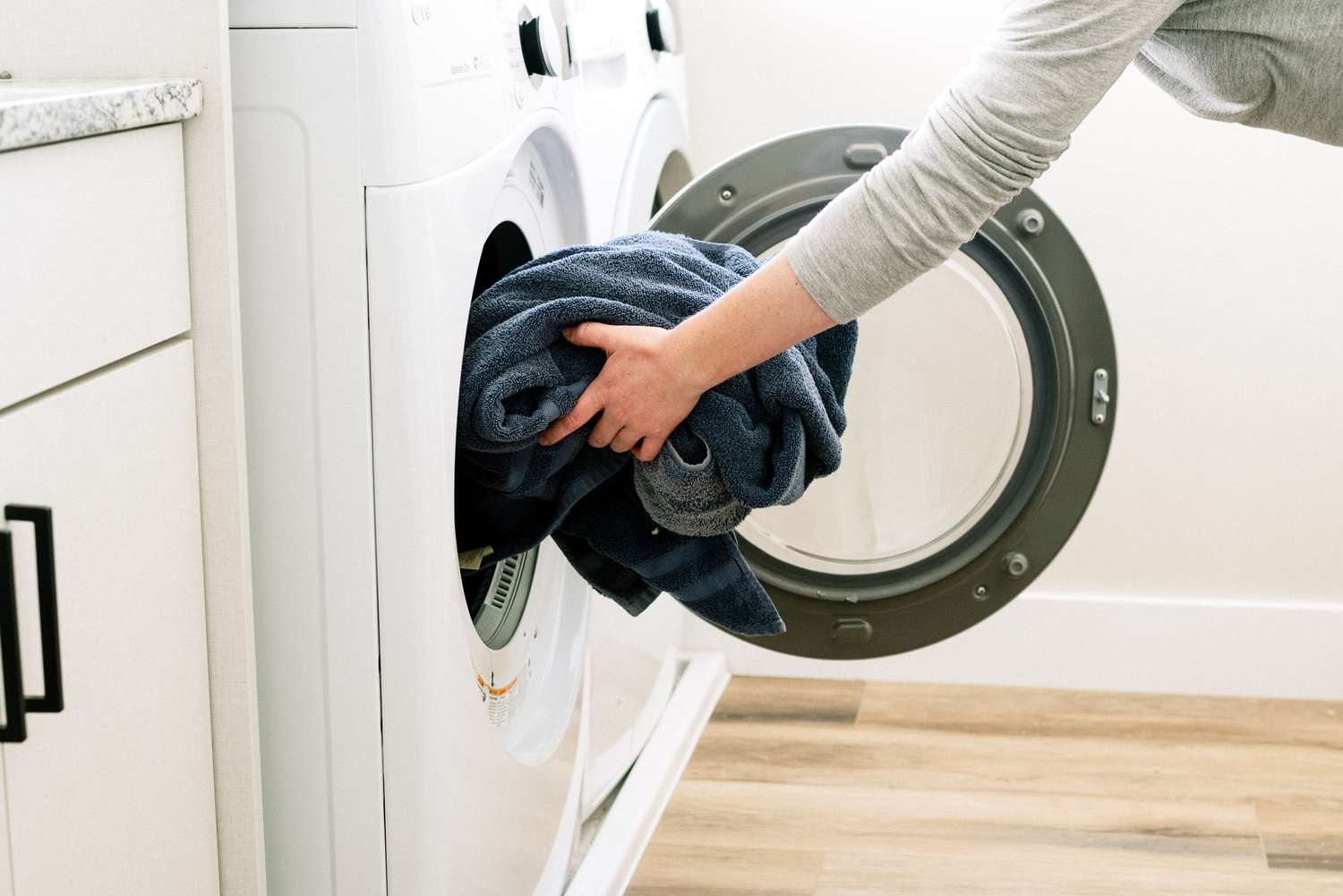
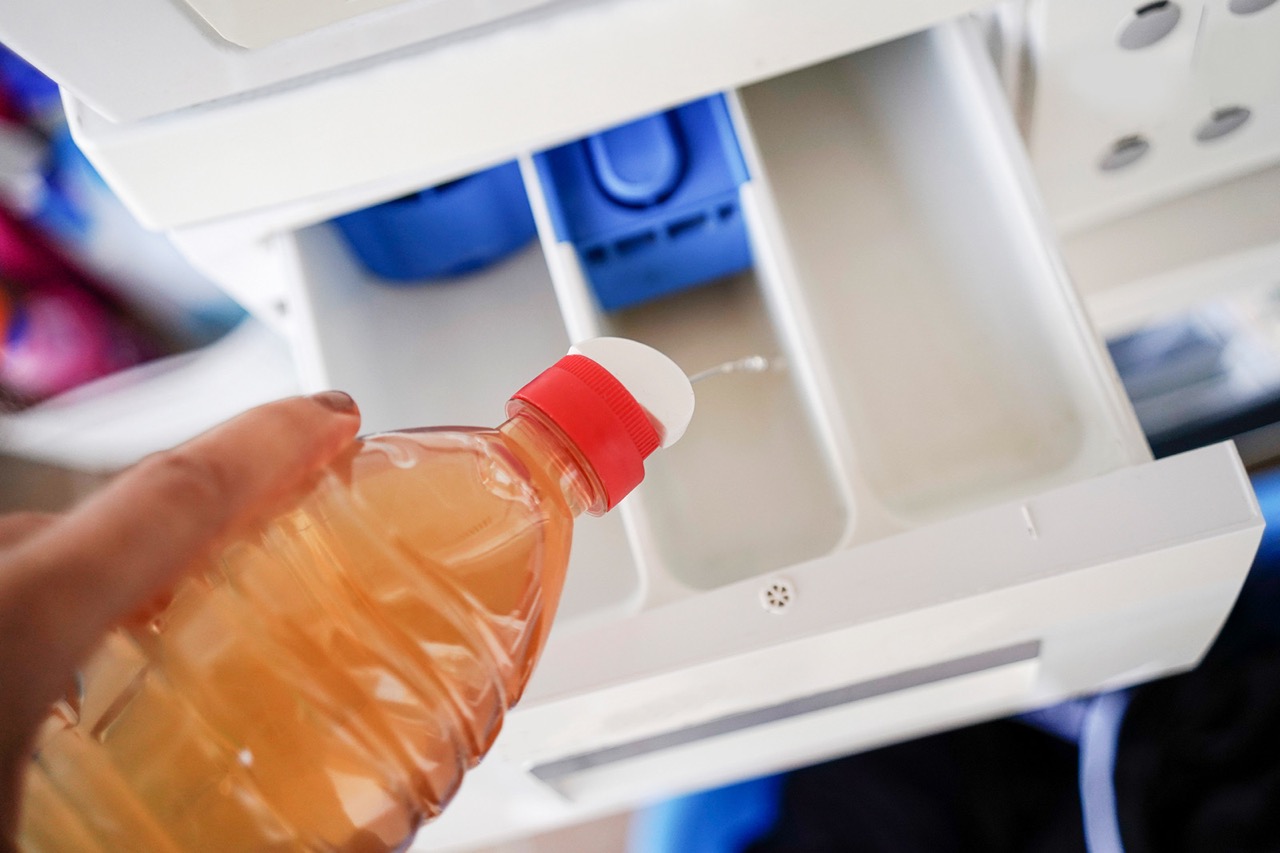

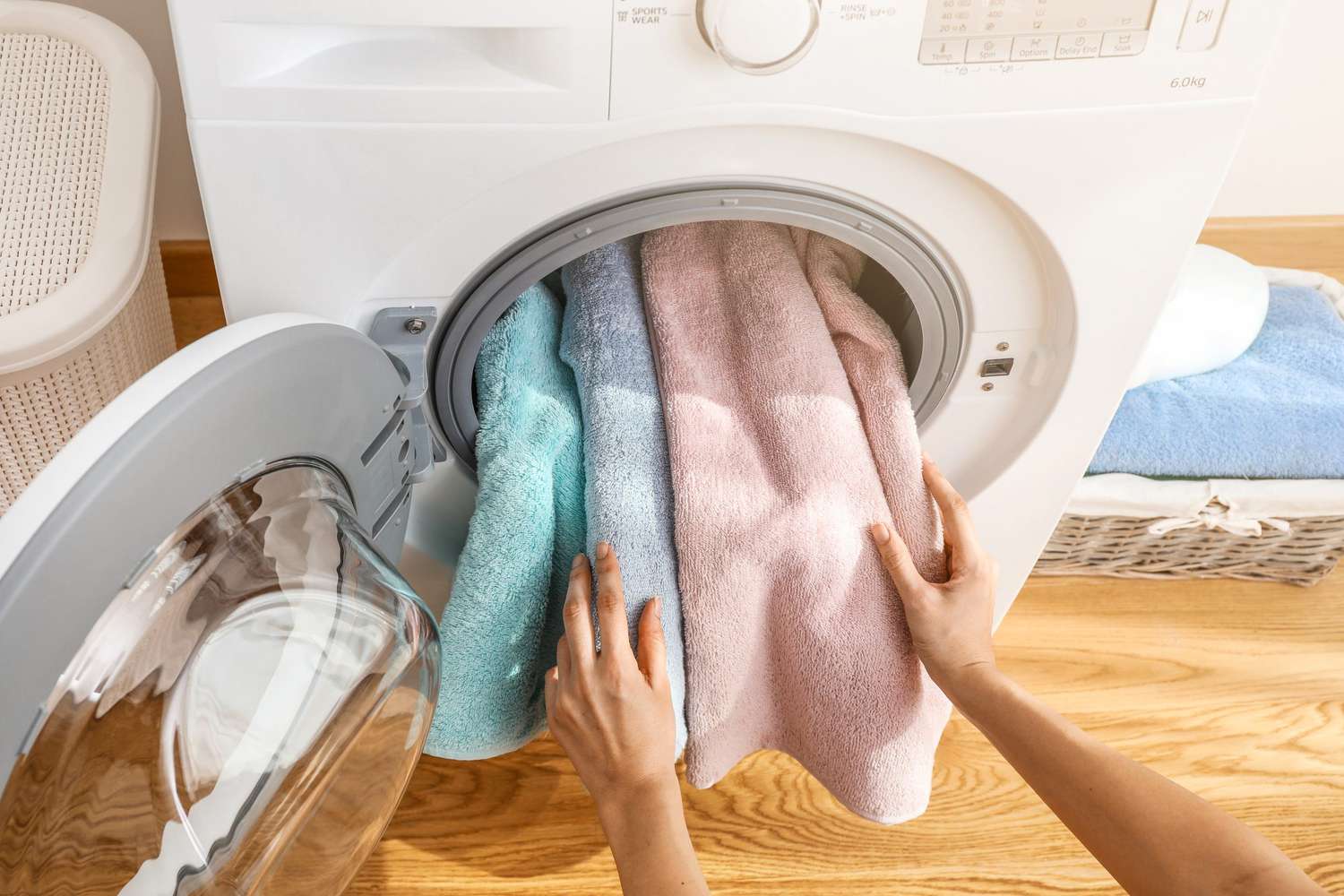

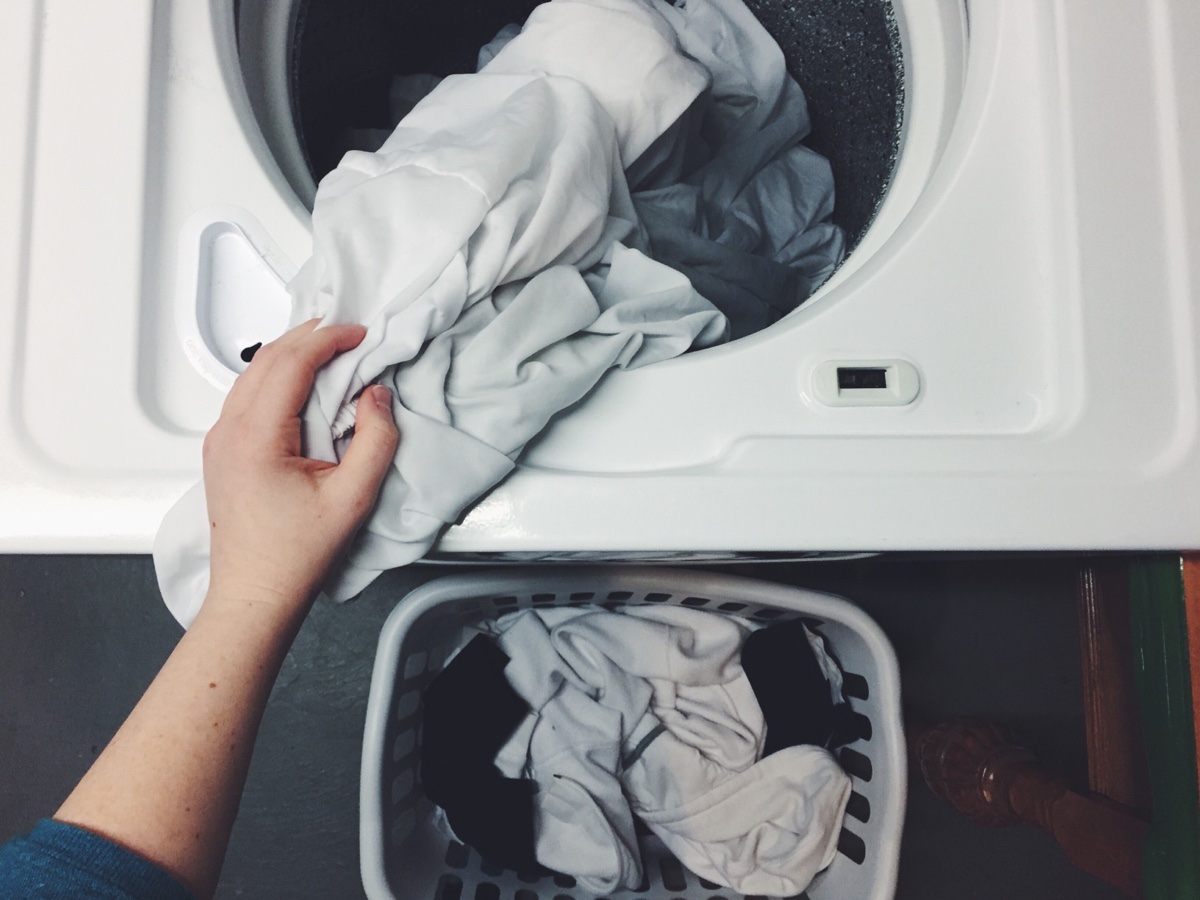
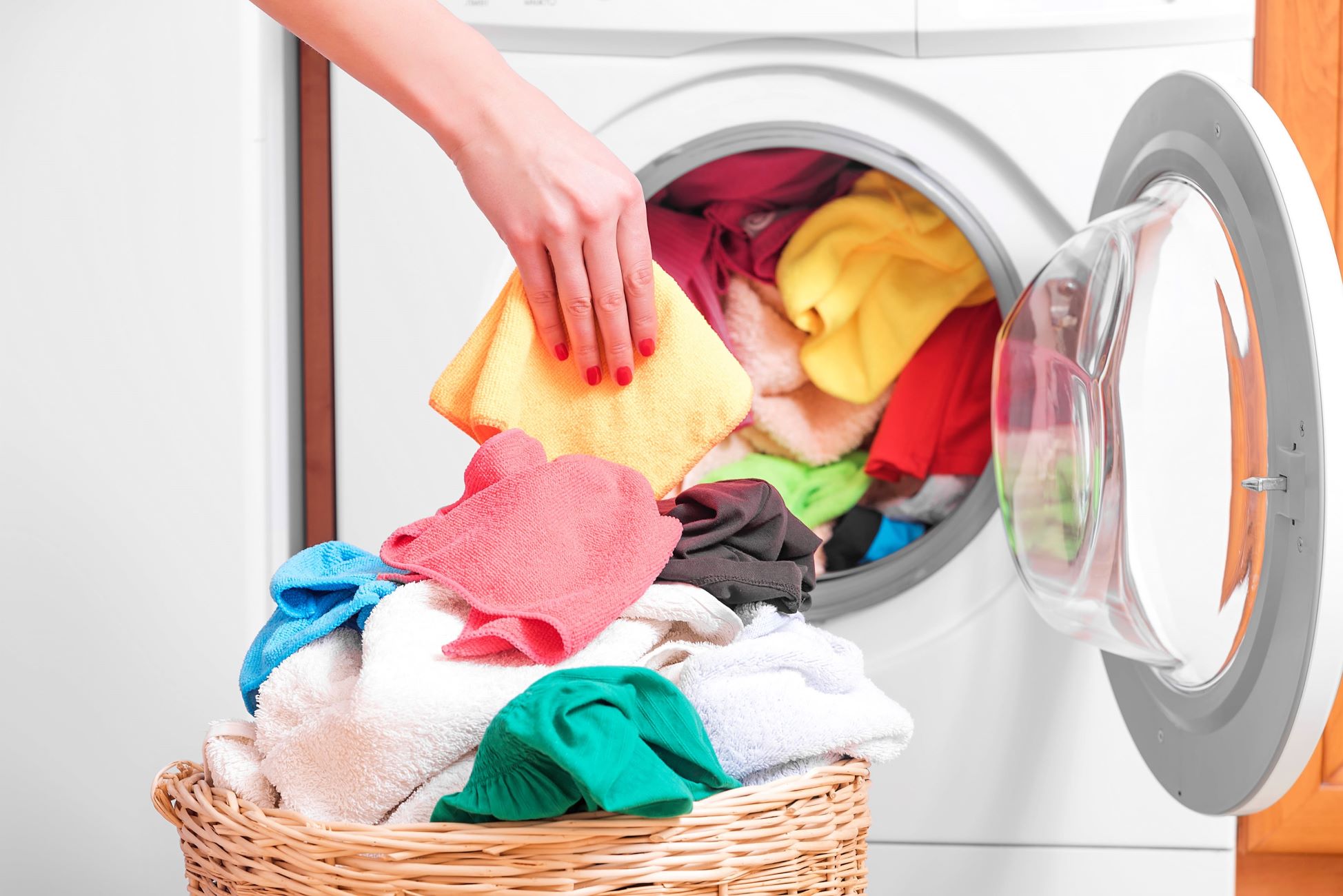

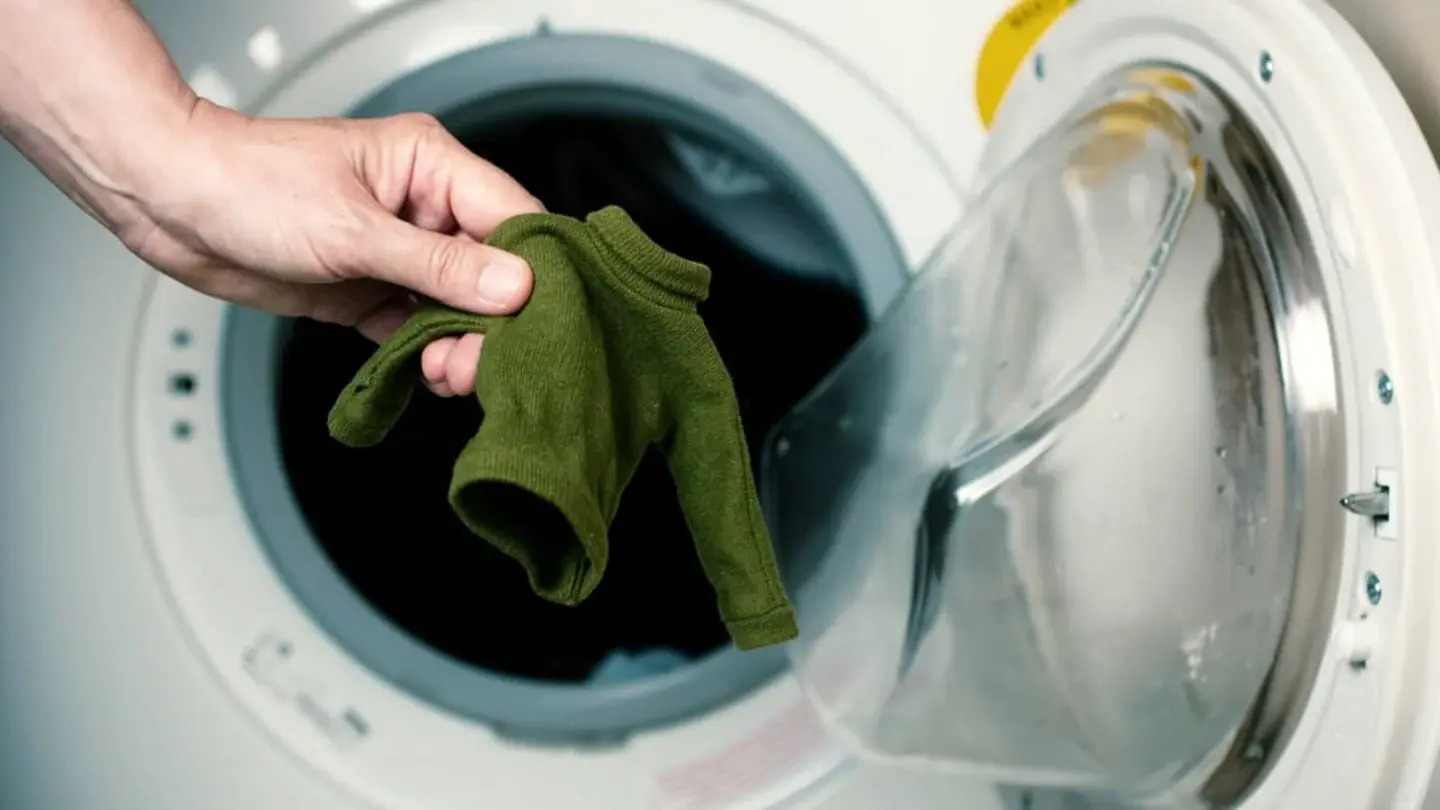
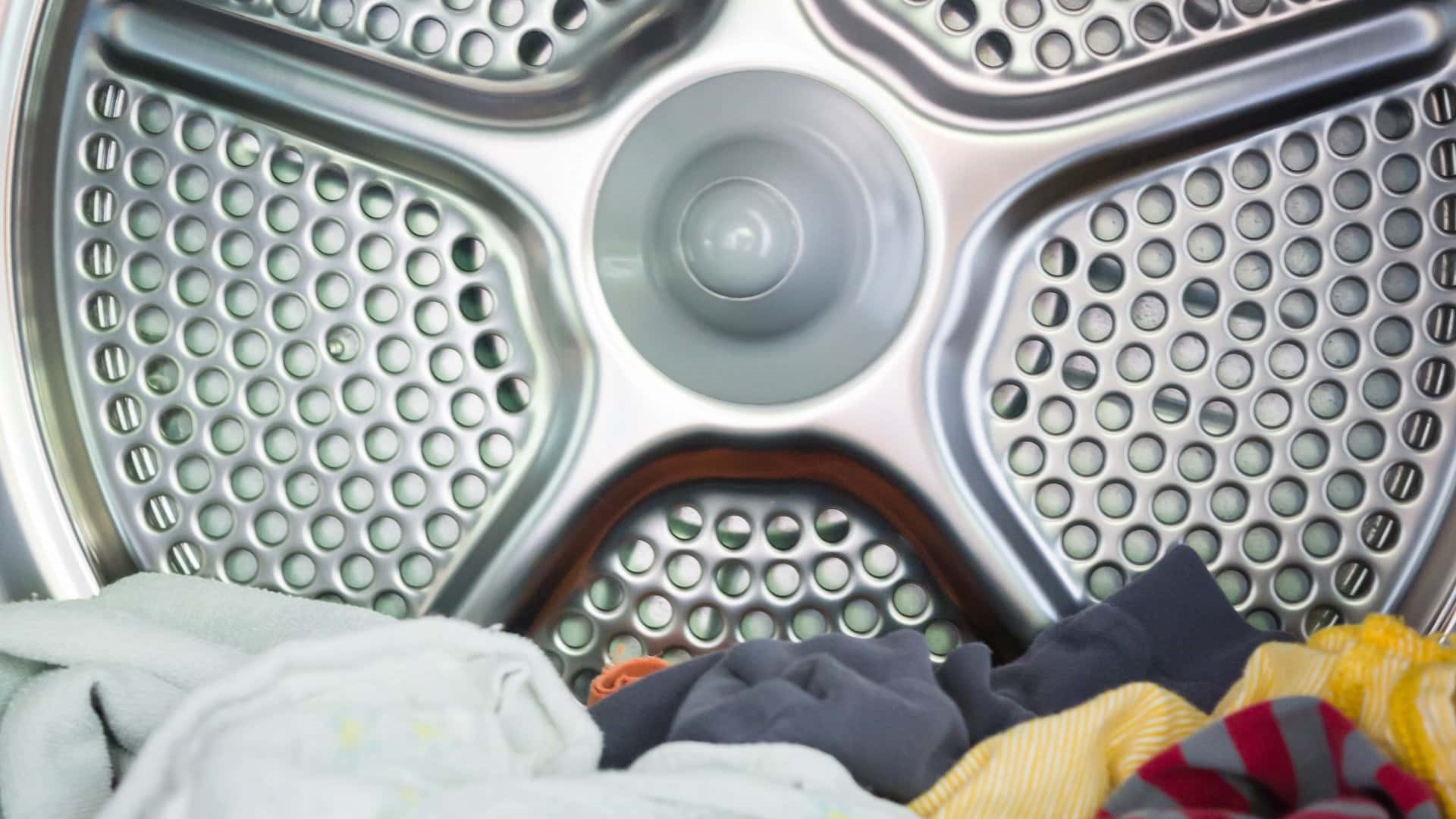

0 thoughts on “Can You Wash Clothes With Towels? Care Strategies For Laundry”